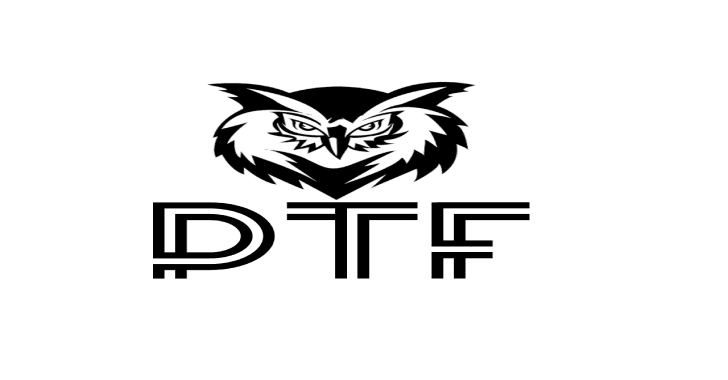A monorepo (short for monolithic repository) is a version control strategy where all projects, libraries, and tools are stored in a single repository.
This approach enables streamlined collaboration, code sharing, and efficient dependency management across multiple applications. Below is an overview of tools and their functions within the context of a monorepo.
Core Functions Of Monorepo Tools
- Code Sharing and Reusability:
Monorepos encourage the reuse of shared libraries, components, and utilities across projects. Tools like Nx and Lerna facilitate the creation and management of shared modules, ensuring consistency across applications while reducing duplication. - Simplified Dependency Management:
Monorepo tools centralize dependency management, allowing developers to maintain uniform versions of libraries across all projects.- For instance, updating a shared library propagates changes to all dependent projects automatically, reducing version conflicts.
- Atomic Changes:
Monorepos enable developers to make atomic changes—modifying shared components or APIs and updating all dependent projects in a single commit. This eliminates the need for coordinating changes across multiple repositories. - Task Orchestration and Build Optimization:
Tools like Bazel, Nx, and Turborepo optimize builds by analyzing dependencies and running only necessary tasks.- Features like local computation caching and distributed task execution significantly improve build times for large-scale monorepos.
- Continuous Integration (CI):
CI pipelines tailored for monorepos can selectively build and test only the modules affected by recent changes. This reduces overhead compared to rebuilding the entire codebase. - Standardization Across Projects:
By housing all projects in one repository, monorepos enforce consistent coding standards, linting rules, and configurations across teams. This fosters better collaboration and code quality.
Popular Tools For Monorepos
- Nx: A powerful tool for managing modern monorepos with features like dependency graphs, code generation, and task orchestration.
- Bazel: Known for its scalability, Bazel supports large codebases with advanced build caching and parallel execution.
- Lerna: Focused on JavaScript/TypeScript ecosystems, Lerna simplifies versioning and package publishing in monorepos.
- Turborepo: Offers high-performance builds with caching mechanisms tailored for JavaScript/TypeScript projects[8][19].
Challenges
Despite their advantages, monorepos can be challenging to manage as they scale. Issues include prolonged build times for large repositories and potential difficulty in restricting access to specific parts of the codebase.
However, modern tools mitigate these challenges with advanced caching and selective builds.
In summary, monorepo tools streamline development workflows by enabling code reuse, simplifying dependency management, and optimizing builds.
They are particularly suited for organizations aiming for seamless integration and collaboration across multiple projects.

















